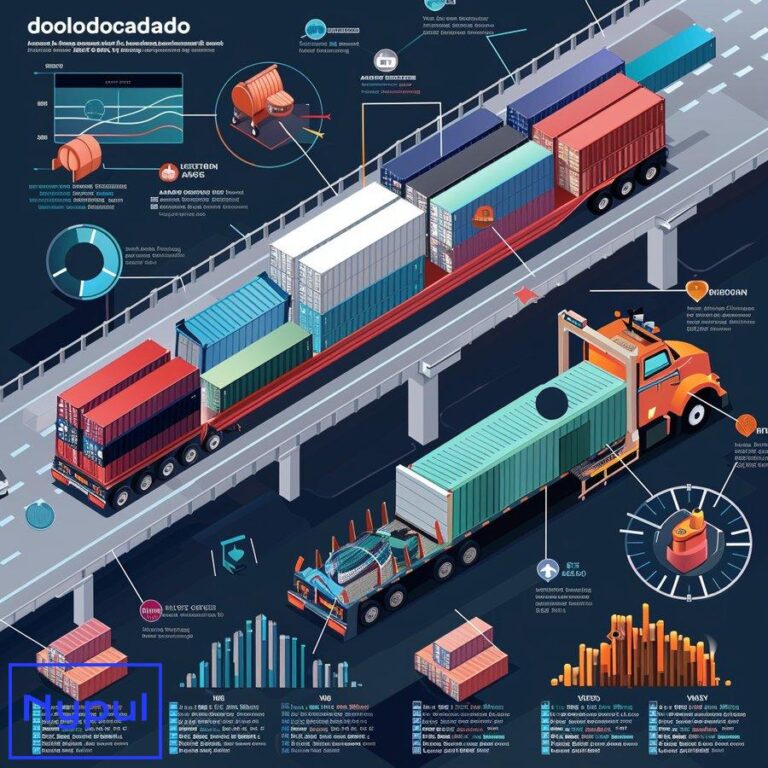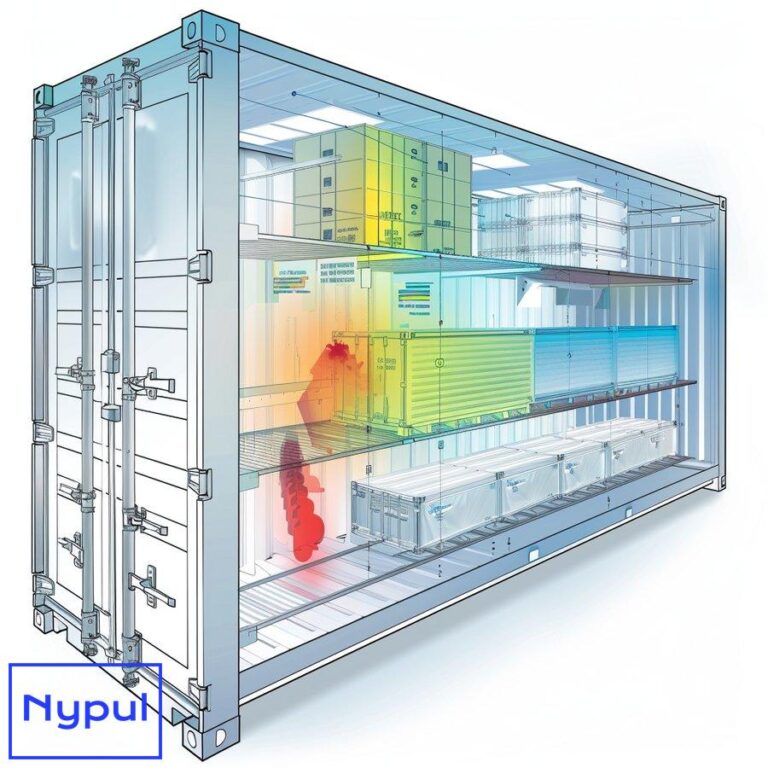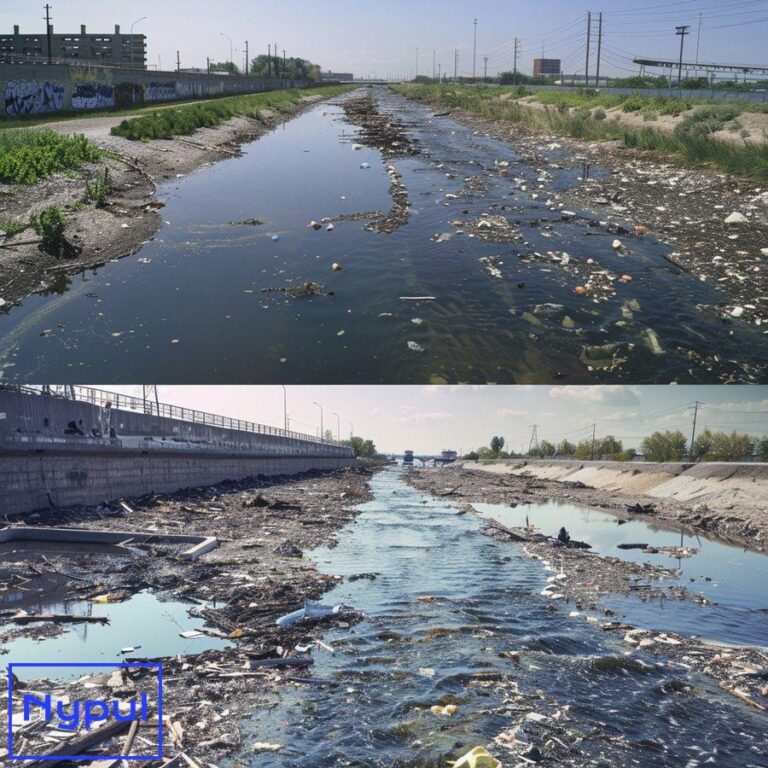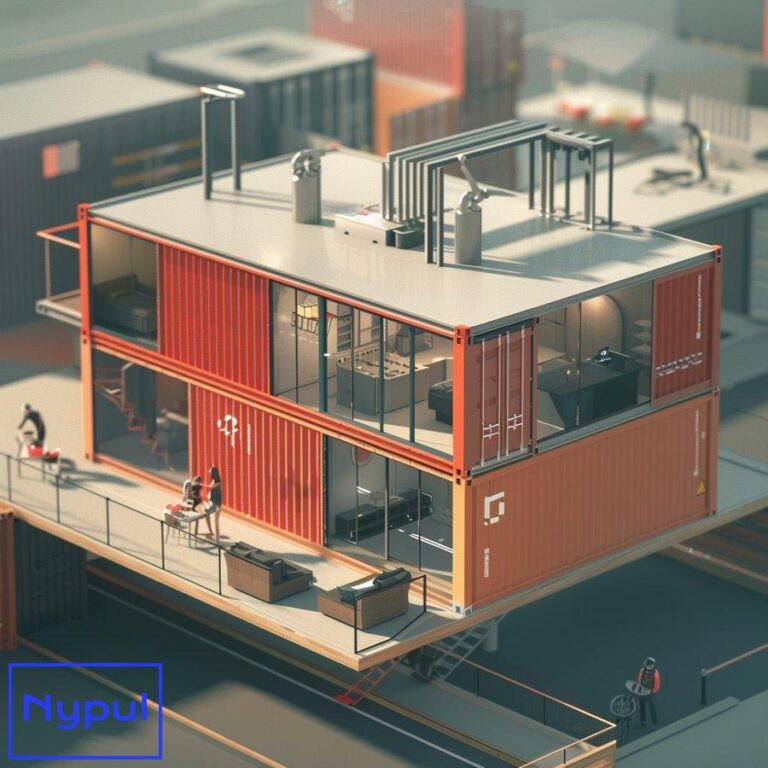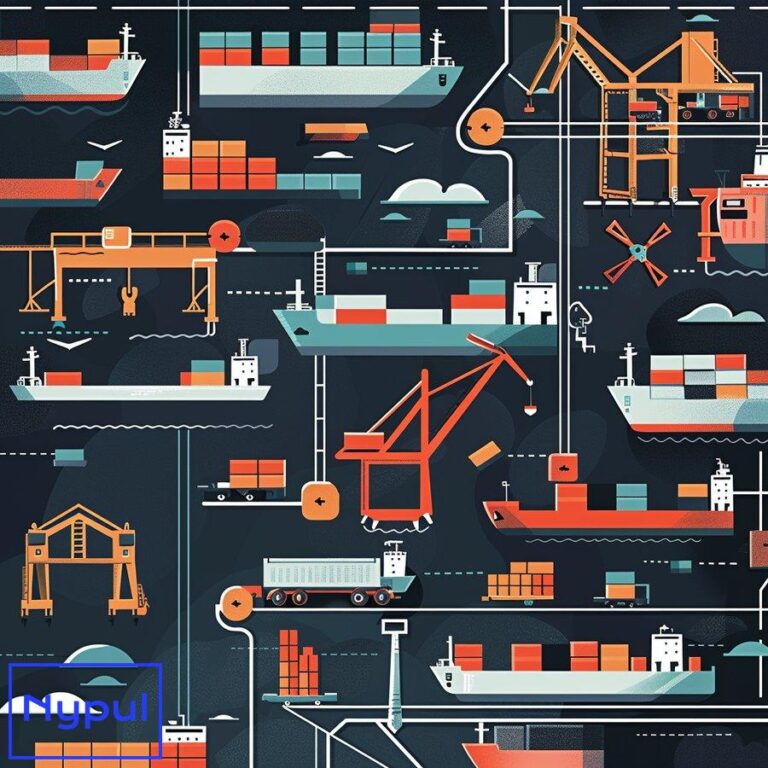What Are the Challenges of Containerization
What is containerization? Containerization is a virtualization technique that packages an application with its entire runtime environment—all the dependencies, libraries, configuration files, and other necessary components—into a standardized unit called a container. These containers are isolated from each other and from the host operating system, ensuring consistent and reliable application deployment across different computing environments,…



